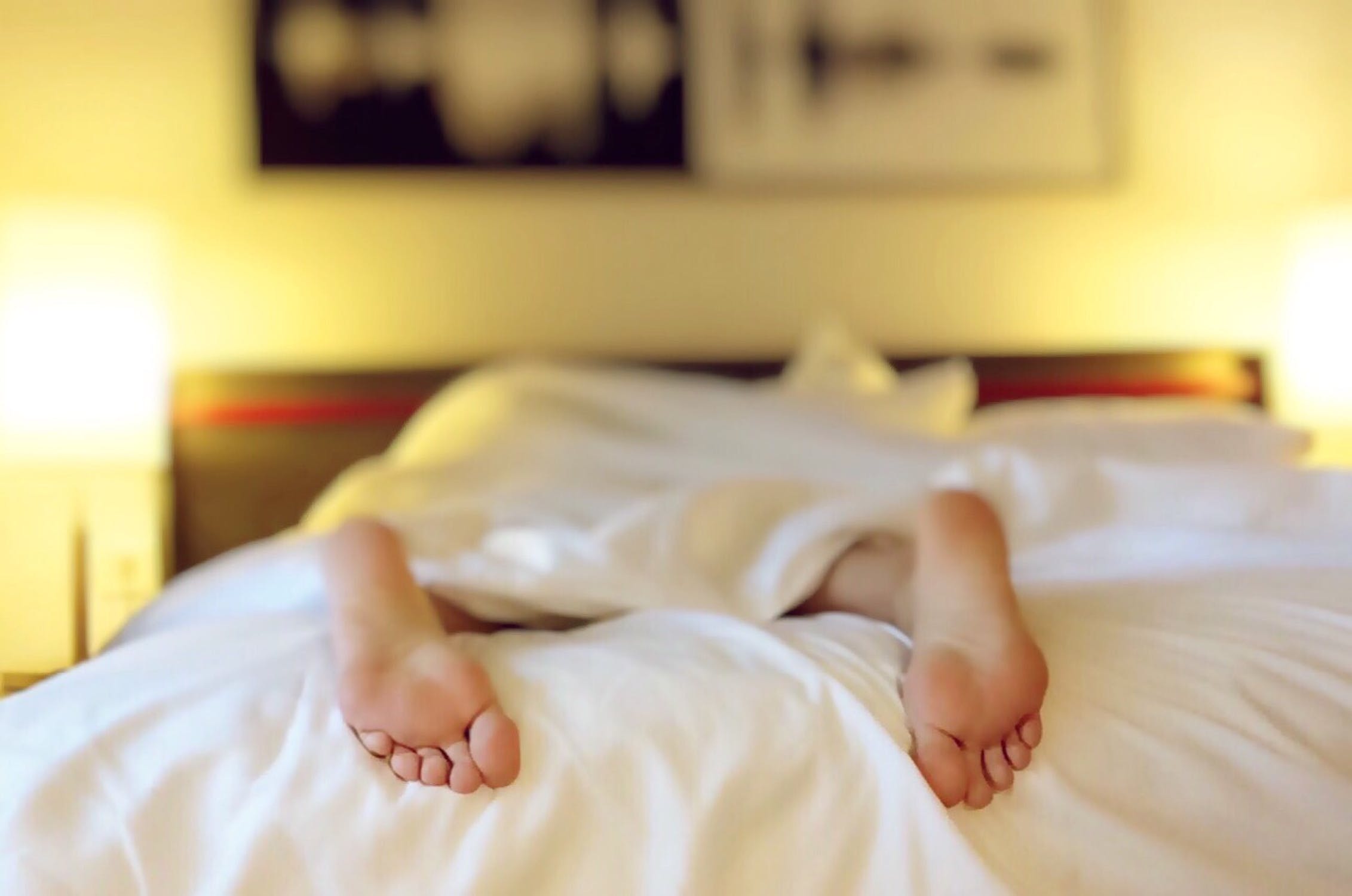Do you suffer from sleep apnea? This is a disorder whereby the individual in question experiences one or more pauses in their breathing while they are asleep. It is a common disorder, and a lot of people have it without even realising it. There also seems to be this common myth that sleep apnea is just for men who are overweight and snore. However, while weight can have a big influence, this is largely a stereotype, especially when women are just as likely to be impacted as men after menopausal age. In this blog post, we are going to take a look at sleep apnea in further detail, so continue reading to find out more.
Sleep apnea can go undiagnosed in a lot of people. Of course, there are those that simply do not realise they have it. Nevertheless, doctors can miss it, as there are no blood tests to diagnose the sleep condition and it can be difficult to detect during routine visits. In most cases, the partner of the person in question realises that they stop breathing for anything from a few seconds to a few minutes, and this is how someone realises they suffer from the issue. In most cases, normal breathing will start again with a choking sound or loud snort. These pauses in breath can occur 30 times or more during a mere hour.
One of the main problems with sleep apnea is that it disrupts your night’s rest. When you experience a pause in breath, you will move from your deep sleep into a light sleep. Consequently, you suffer from a poor night’s sleep, and you end up feeling exhausted during the day. This is why the majority of people who suffer from sleep apnea experience excessive sleepiness during the daytime. There are other issues. Untreated sleep apnea can increase the chance of having driving or work-related issues, make irregular heartbeats more likely, increase the risk of heart failure, increase the risk of a heart attack, high blood pressure, diabetes, obesity, and a stroke. Of course, these are all conditions that are linked with other health problems. For example, when it comes to men’s health specifically, high blood pressure is linked to erectile dysfunction.
So, how do you treat sleep apnea? Well, the good news is that there are some things you can do. Changing your sleeping habits and cutting down on alcohol and other sedatives is advised. You should also try to lose weight, as obesity is often one of the main causes of sleep apnea. You can also use oral breathing devices, such as nasal dilators, which you will wear during the night, or another option would be a continuous positive airway pressure (CPAP) machine, which helps you breathe using positive airway pressure.


